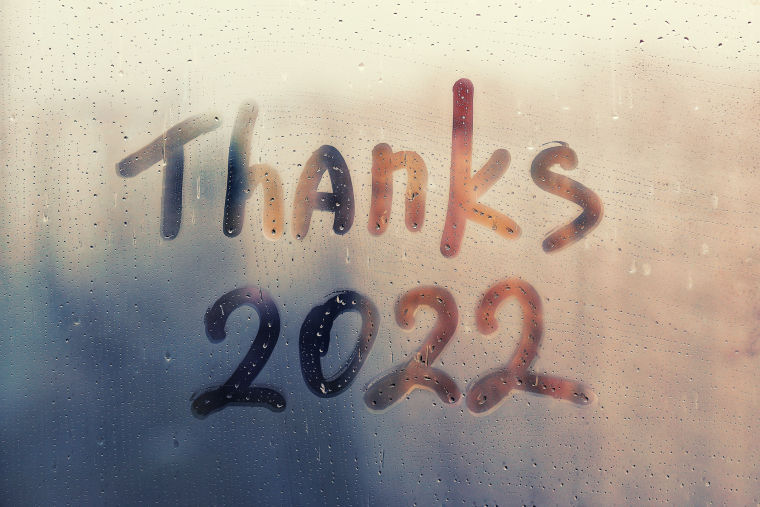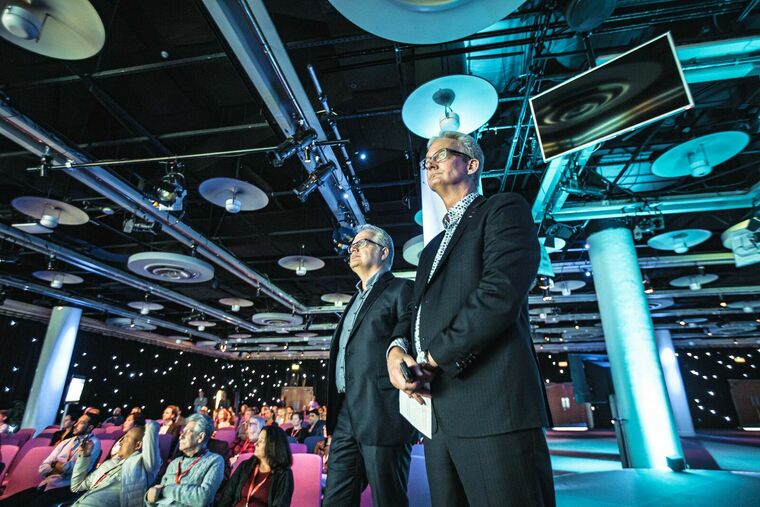Three reads to make you a research rockstar in 2023
Stay tuned for another 12 months of valuable and engaging content from our contributors and us

Do you want to be a research rockstar in 2023? If so, then books are your guitar. The pages are your strings. The bookmark is your plectrum. Luckily, there are many books for you to choose from. Too many.
There are some books all researchers should read. Richard Shotton’s Choice Factory. Philip Tetlock’s Superforecasting. Matthew Syed’s Rebel Ideas. Bryon Sharp’s How Brands Grow. The list is endless.
But here are three books you may not have considered reading BUT have the potential to be your Monterey Fender Stratocaster.
To learn why people don’t do surveys or read reports: Stolen Focus by Johann Hari
What’s it about?
Johann Hari explores the area of declining attention and increased mental fatigue. The evidence for which is damning. There are 100 cases of ADHD today for every 7 cases there were in 1987. And US students have the same sleep quality as soldiers in war zones. Stolen Focus looks to understand what’s causing this and the potential consequences for society if we don’t fix the problem.
But more importantly, Stolen Focus gives us practical solutions to these issues. These include the value of intrinsic vs extrinsic motivation. How to do a realistic digital detox. And how to create focused and flowing thinking.
Why should you read it?
Your ability to be a Research Rockstar hinges on 1) getting people to participate in your research 2) getting clients to read your work.
By better understanding the human relationship with attention, you’ll learn how to better engage both audiences.
Social media means we’re now a society of skimmers. Not readers. That’s a problem for us. Because what people don’t read, they can’t act on. And research that clients don’t act on isn’t impactful. And research which isn’t impactful isn’t valuable.
To understand why it’s ok to change your mind: Think Again by Adam Grant
What’s it about?
The evidence behind the value of being wrong shows the upsides to people telling you that your way isn’t the best and why changing your mind leads to better thinking.
Adam Grant examines why we should question ourselves, seek people who challenge us and constantly rethink our thinking. Grant encourages mindset changes like the Yoda Effect (where we need to unlearn what we’ve learned). He promotes constructive conflict via challenger networks. And calls for a shift in how we view debate and disagreement – from viewing it as a war to seeing it as a dance. All while evidencing how doing so leads to better performance.
Why should you read it?
Think Again gives you three riffs to rock research in 2023:
The confidence to go back to clients and colleagues and say that you’ve had a rethink about a previous idea and now have a better one
The mindset and belief that you can challenge anyone’s thinking in a practical, professional, and productive way
The comfort that it’s to your benefit to encourage people to challenge your thinking and be open to changing it
To create more innovative methodologies: Creativity: A Short & Cheerful Guide by John Cleese
What’s it about?
As the title suggests – creativity. And given the author’s background, it’s written in a cheery and comedic way. John Cleese’s view is that you can be taught to be creative. He then explains how to learn to do so.
Guess what? There’s no mention of brainstorming. Not a whiff of a high-paced workshop. That’s not to say our environment doesn’t make us more creative. It does. Just not the environments we often use!!!
Cleese says creativity relies on unconscious thinking, and this is something we can’t trigger. Instead, we need to let our brains fall into an unconscious state. Not force it. We need to let our minds wander. Go on walks. Stare out of windows procrastinating. All with a healthy amount of sleep to let our brains relax.
Why should you read it?
Research is a creative industry. Innovation research relies on making consumers think creatively. Insight communication must be creative to be compelling and inspire clients to act on insights. But we can’t do these things without being able to ask creative questions or communicate insight in engaging ways.
John Cleese will make you rethink the environment you work in and how you approach innovation methodologies. But more importantly, he’ll make you realise that our need for instant decisions a) exists because we’re impatient and anxious beings and b) kills creativity. And as Orlando Wood preaches, we’re in a creativity crisis, despite the fact that creativity drives business performance.
Buy these books. Read them. They WILL help make you a Research Rockstar in 2023. As will reading www.researchworld.com 😊. So, stay tuned for another 12 months of valuable and engaging content from our contributors and us!
Jack Miles
Editor in Chief at Research WorldJack specialises in quantitative research for international clients across an array of sectors. These studies have led him to work with brands such as Jaguar, Navistar and Volvo. His main research interests are brand research and consumer trends, with a focus on quantitative methods and the use of statistics to derive solid strategic planning for clients.
He has a particular focus on developing creative ad-hoc quantitative methods that use a range of data sources. He can also be found writing papers for a range of well-known publications such as Admap, Huffington Post and Research World.
Outside the office, Jack can be found training in martial arts, in which he holds a 3rd degree black belt in Taekwon-do, and partaking in various endurance sports.


